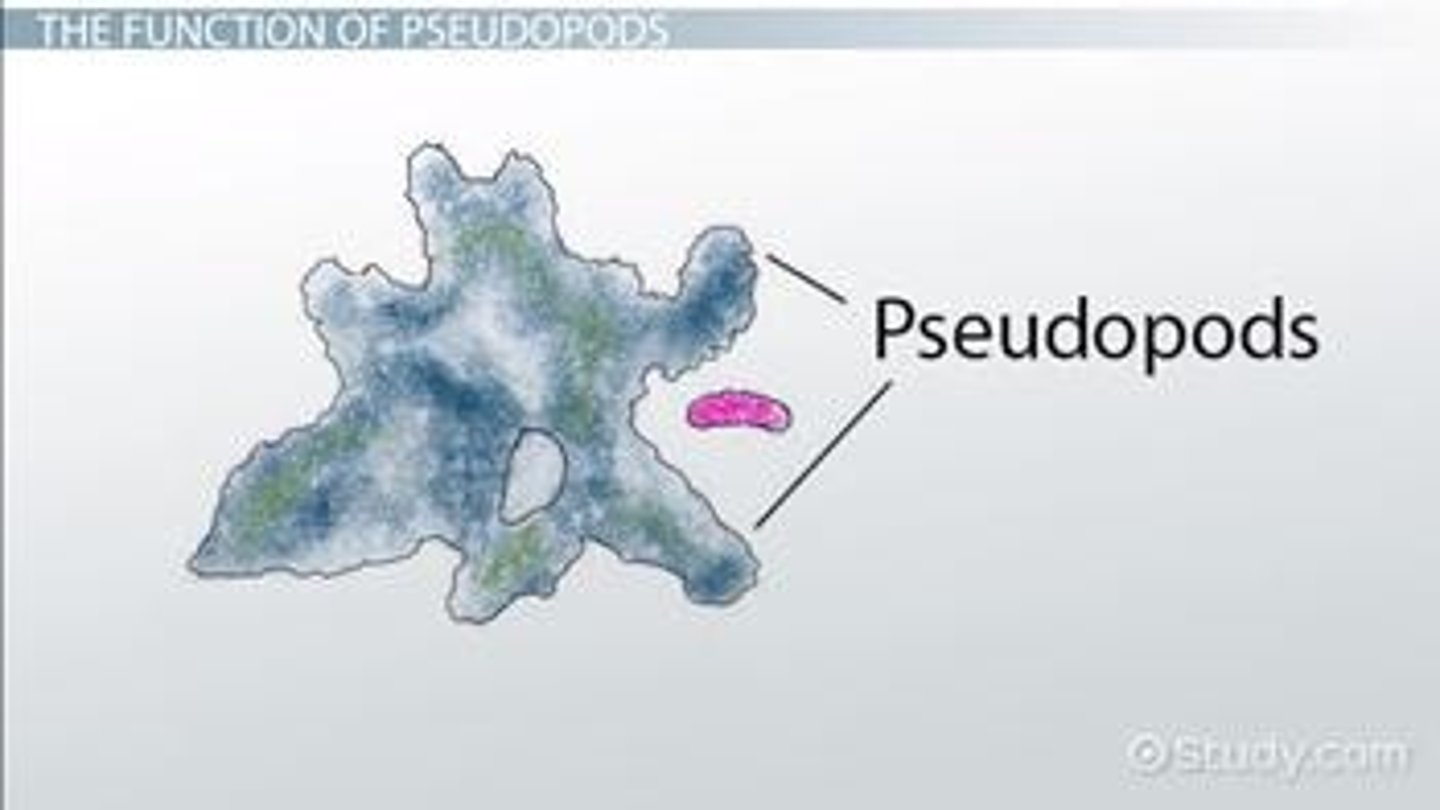Cell Organelles: Functions, Structures, and Types in Animal and Plant Cells
1/23
There's no tags or description
Looks like no tags are added yet.
Name | Mastery | Learn | Test | Matching | Spaced |
|---|
No study sessions yet.
24 Terms
Organelle
a structure within a cell with a specific function
Cell Membrane (Animal Cells)
surrounds the cell and protects it. Controls the movement of substances into and out of the cell.
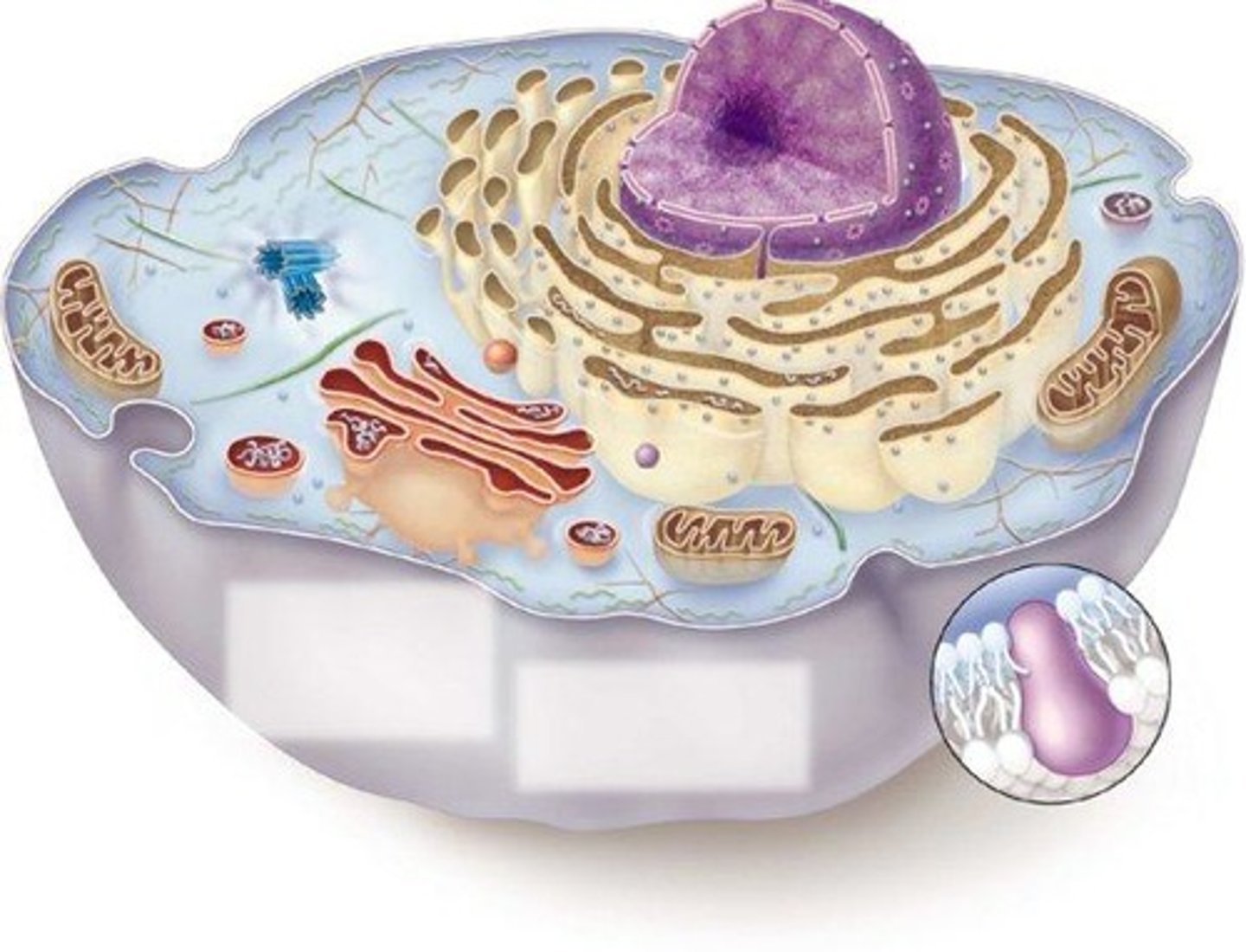
Cell Wall (Plants)
tough outer layer that surrounds plant cells
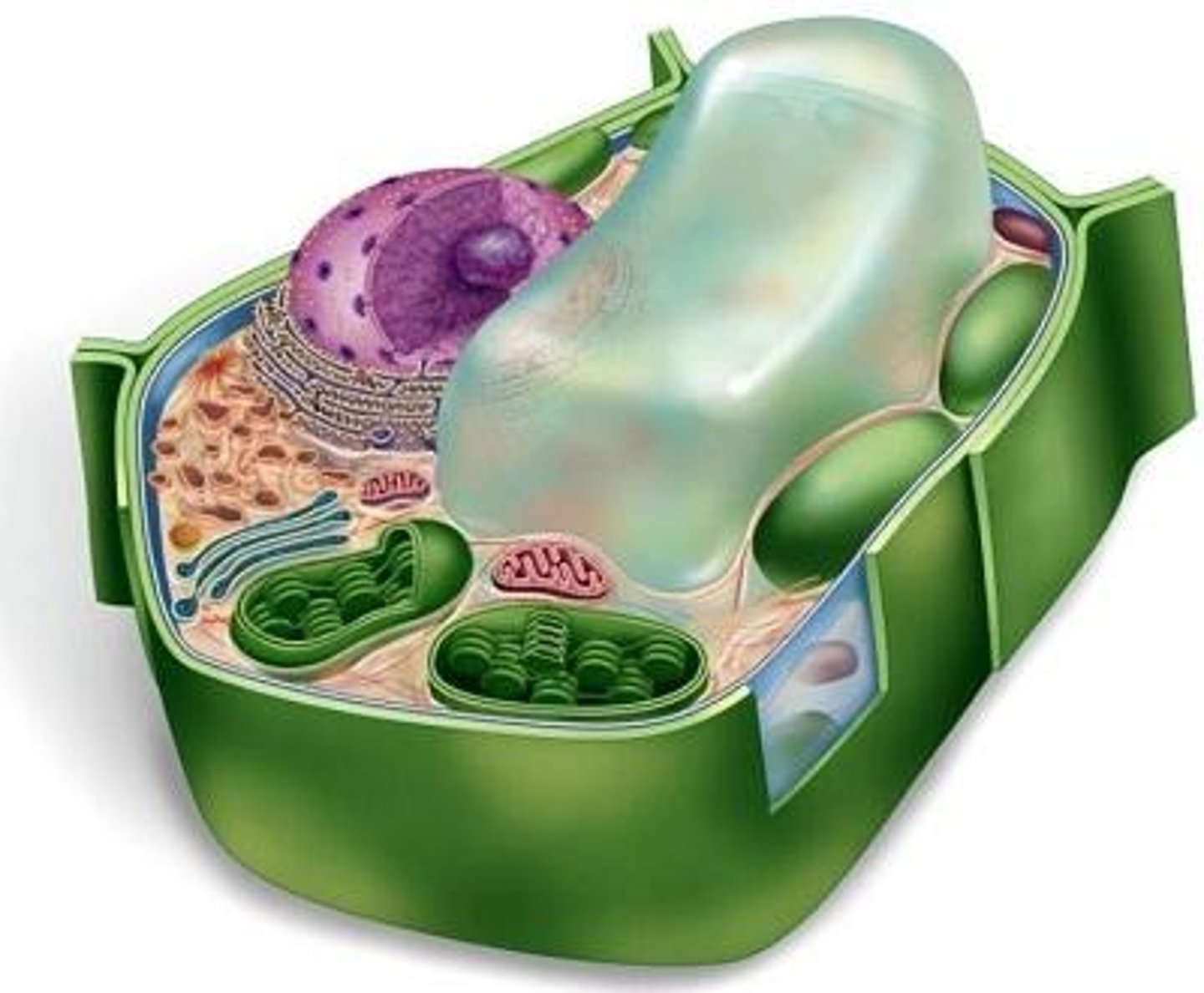
Cytosol
the fluid inside cells
Nucleus
controls the cell's activities, contains DNA
Nucleolus
makes ribosomes
Ribosomes
build proteins, may be free floating or attached to the Endoplasmic Reticulum.
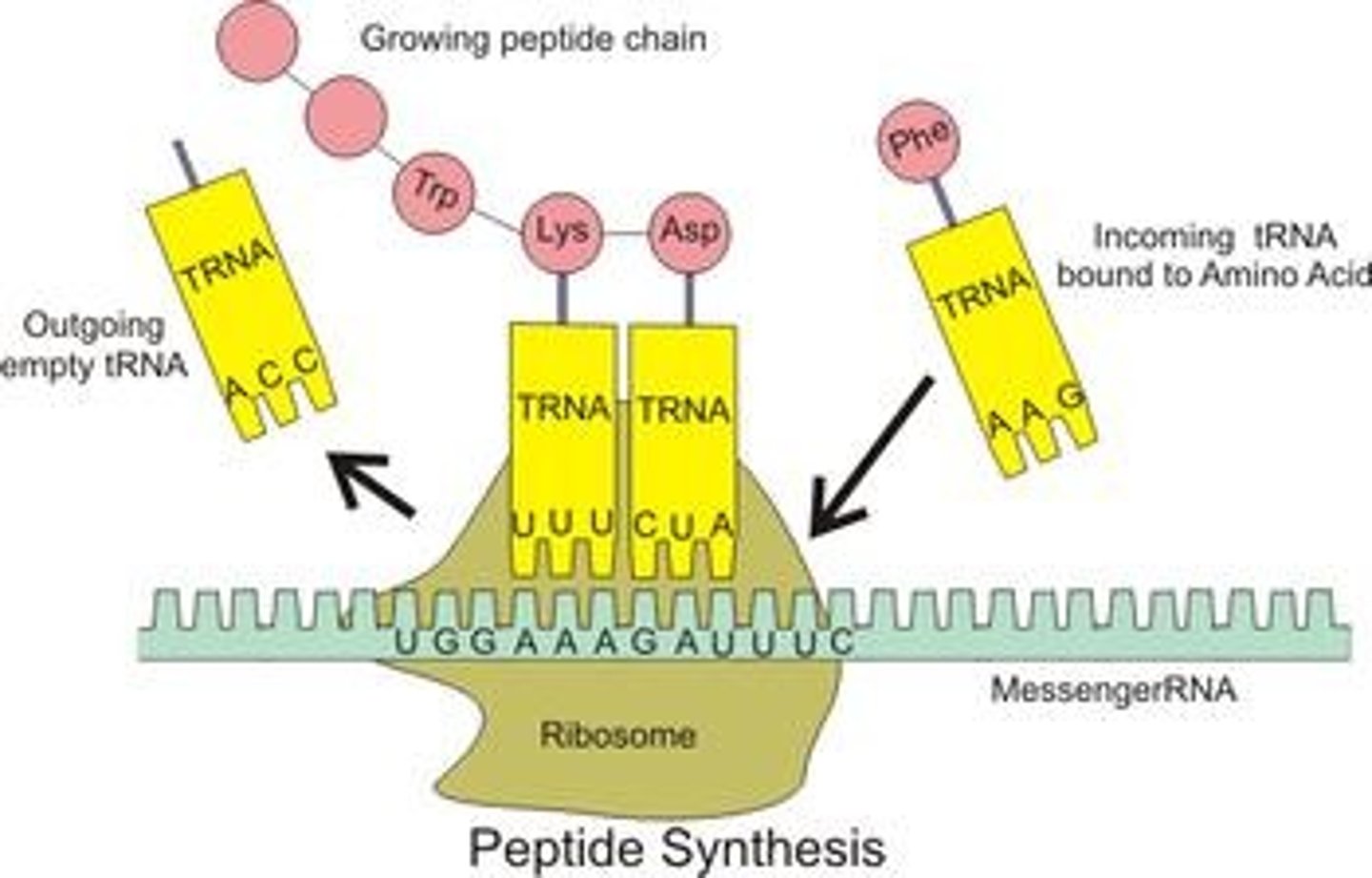
Endoplasmic Reticulum
made up of two parts: Smooth and Rough
Smooth Endoplasmic Reticulum
makes lipids, steroids, breaks down toxins, releases calcium
Rough Endoplasmic Reticulum
covered with ribosomes, stores proteins for later transport
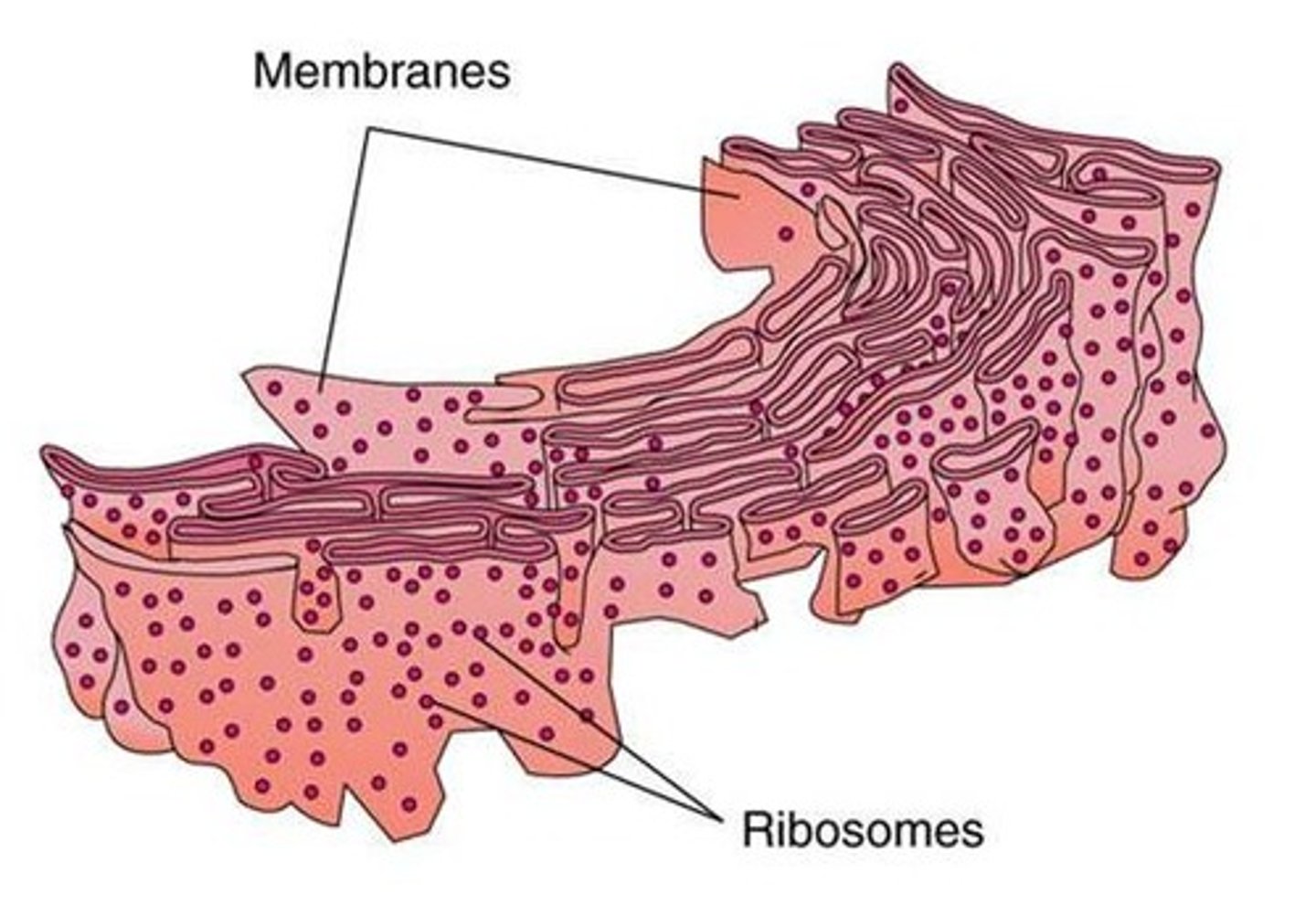
Golgi Body
an organelle that processes, packages and transports materials produced in the cell.
Vacuoles (Plants)
large membrane bound structures that act as storage compartments and keep cell firm by pushing against cell walls
Vacuoles (Animals)
smaller transport sacs
Lysosomes
organelles that contain enzymes that digest other molecules
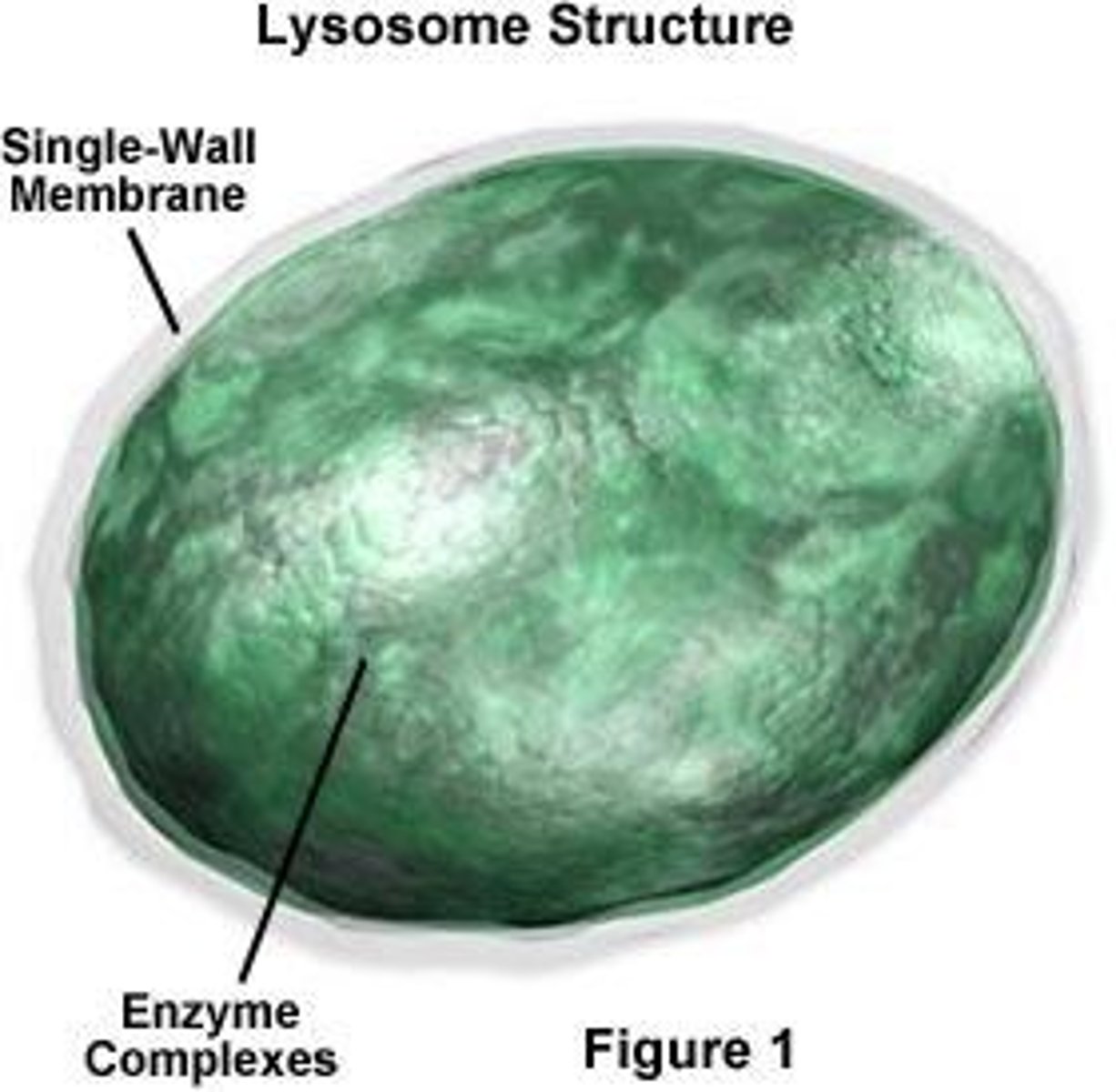
Mitochondria
site of cellular respiration which produces energy
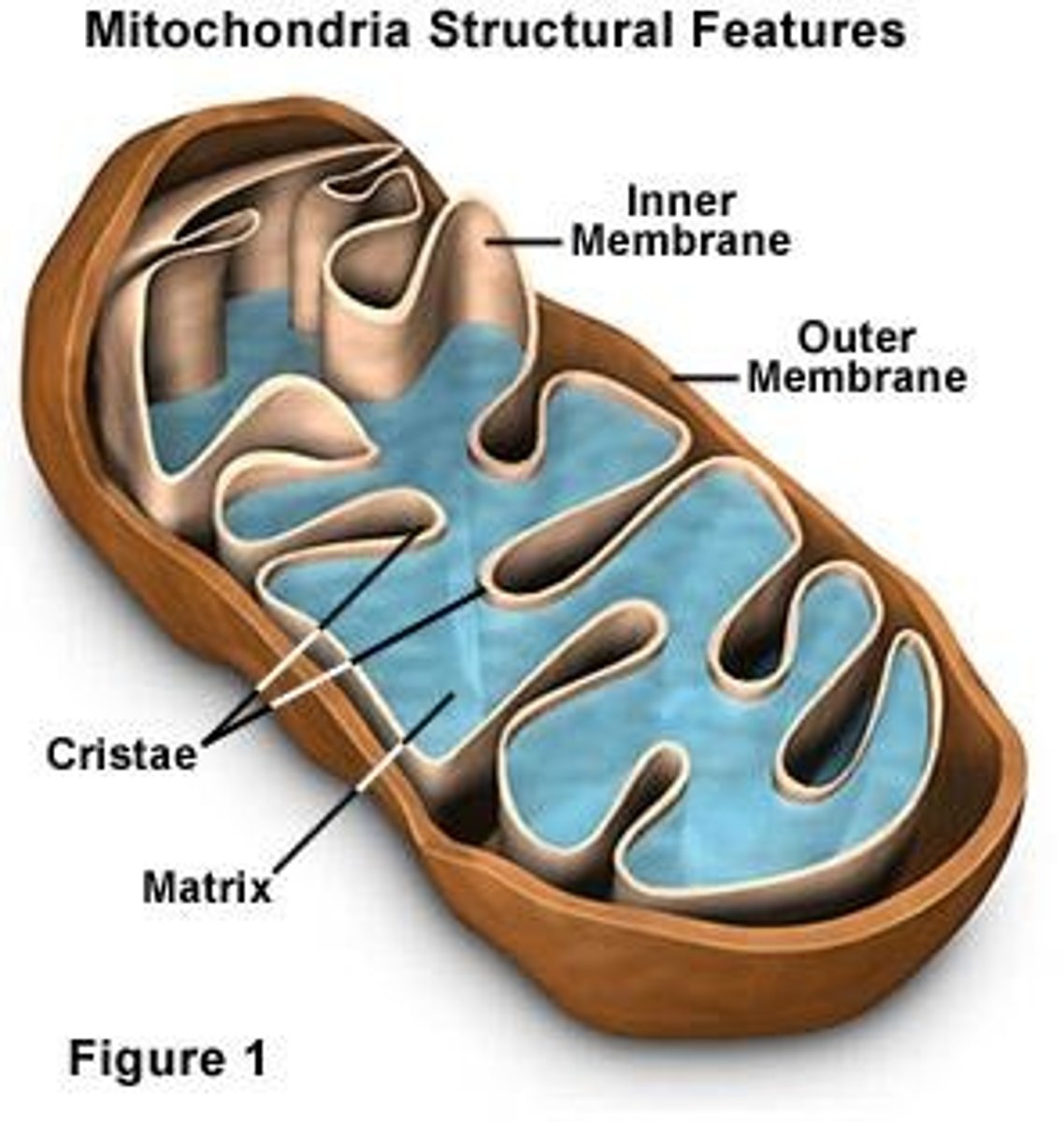
Cristae
folds of inner membrane increase surface area = more reactions
Matrix
fluid where reactions occur
Chloroplasts
photosynthetic organelles, uses sunlight energy to make sugars
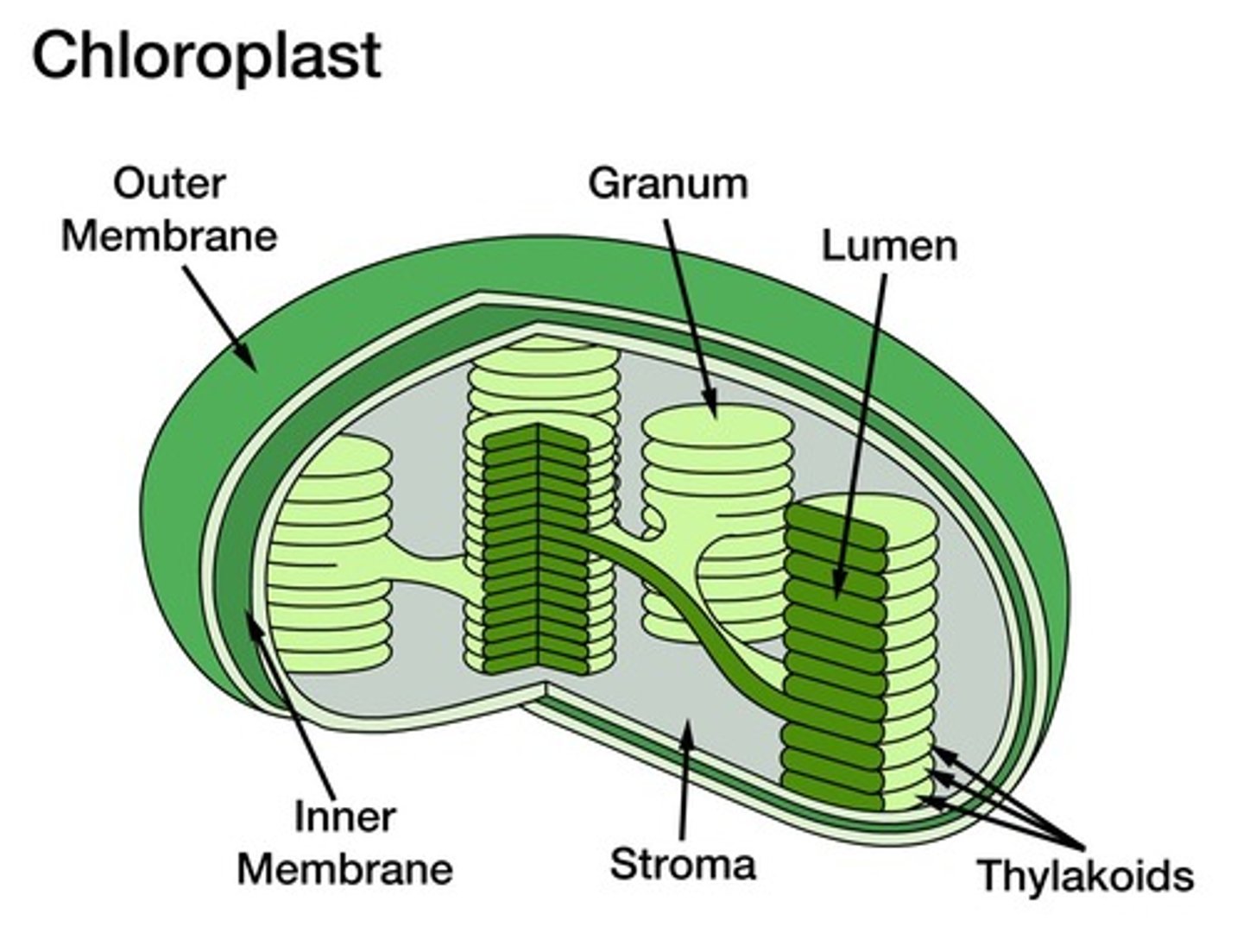
Cytoskeleton
provides cell structure, helps with cell division, allows organelles to move
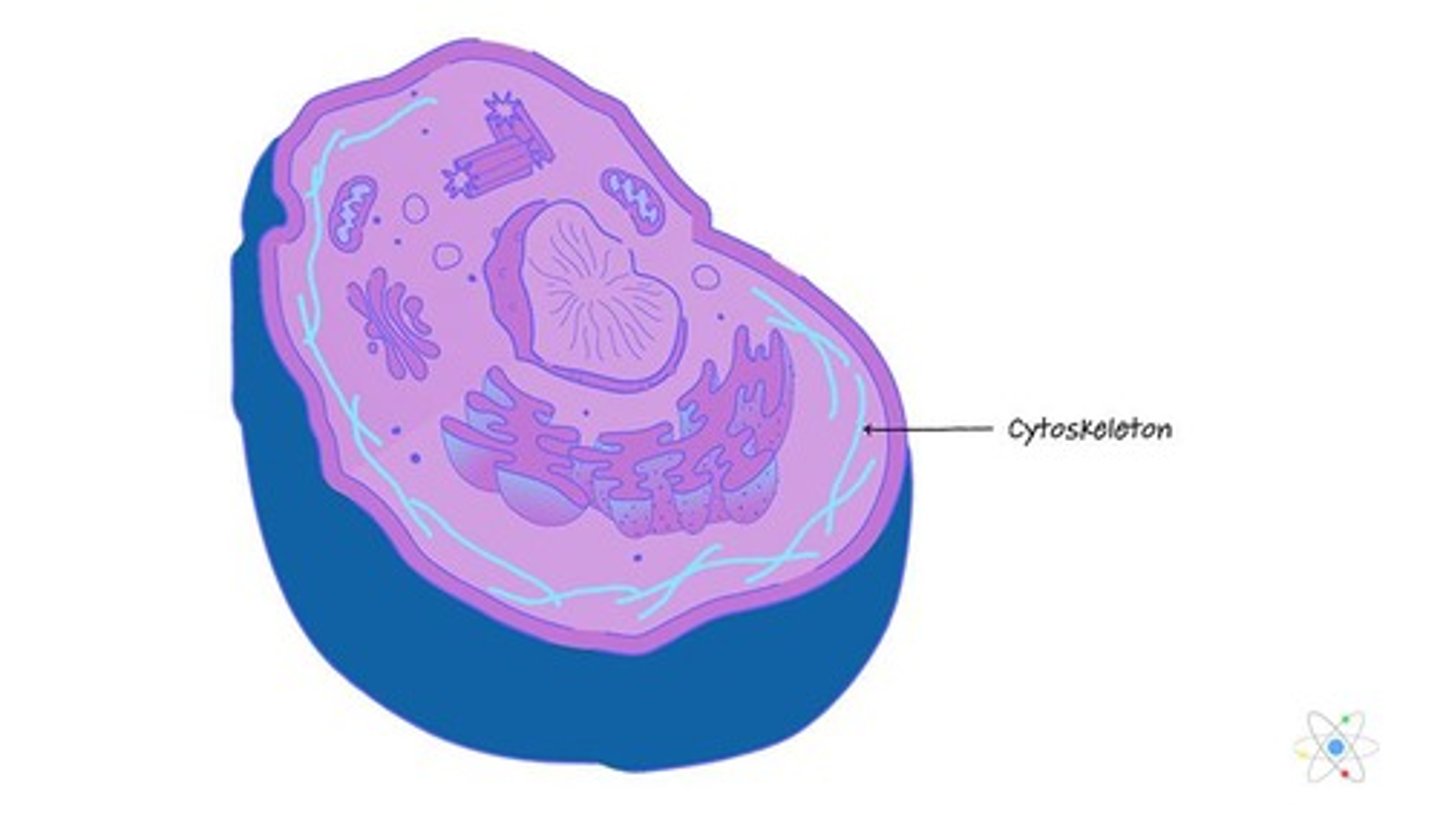
Microtubule
support tube made of tubulin proteins that form scaffolding for support when needed
Microfilament
structure made of actin proteins used in muscles for movement and help strengthen cells
Cilium (cilia pl.)
microtubules used for movement/transporting substances
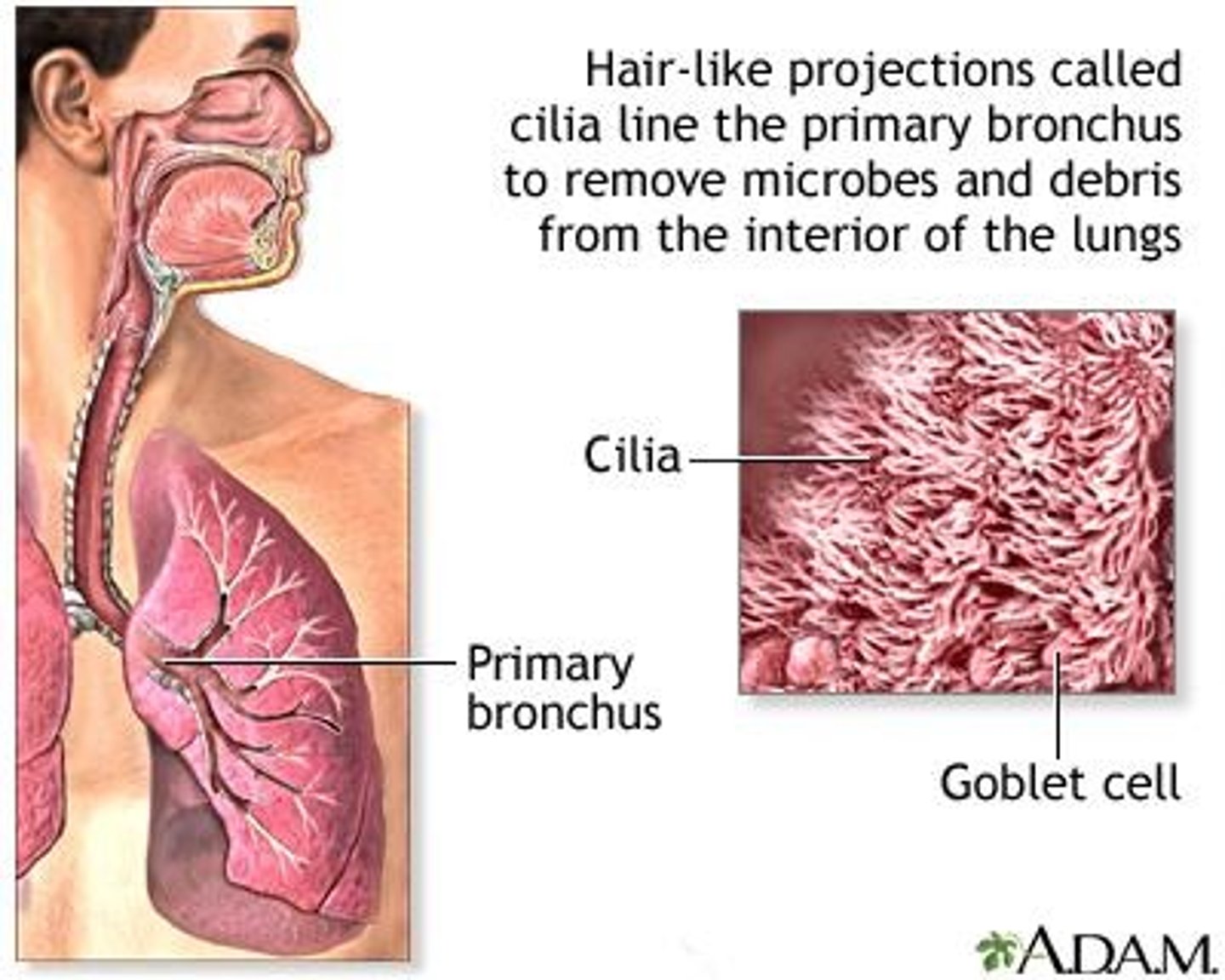
Flagellum (Flagella pl.)
long tail-like microtubules used for movement
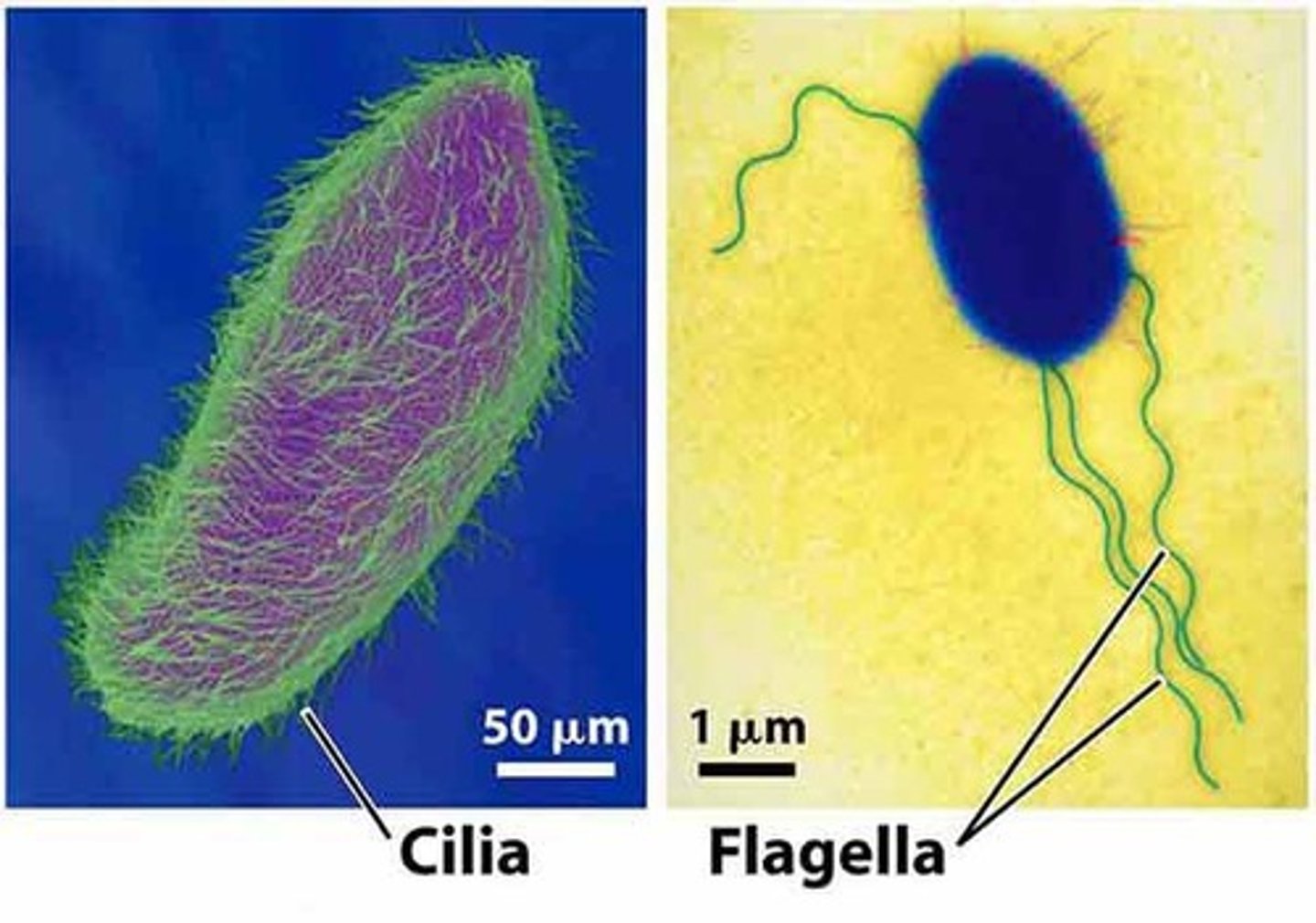
Pseudopods
limb like structures formed by amoeba that help cell change shape to move/engulf food
